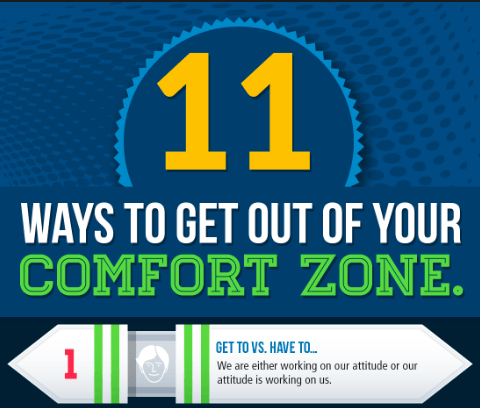mental coaching
-
11 tested ways to get out of your comfort zone
.
11 tested ways to get out of your comfort zone I’ve run two marathons, completed an Ironman, numerous ultra-marathons and I put everything I had into them. My best…
-
BEST SPORTS PARENTS: 6 ways you’re doing it wrong…
.
I love my kids more than anything. So, I get it, how they perform is important to me. But their performance is not a reflection of my parenting, just…
-
The Difference Between Arriving & Starting Practice
.
The Difference Between Arriving & Starting Practice For Success Head coaches Jim Mora & Tom Coughlin had success at the collegiate and NFL ranks respectively. They are also well…
-
When you lose Mental Toughness, do this instead…
.
When we lose mental toughness, do this… Winning is easier to handle than losing. Losing hurts and it is painful, especially when we have The BIG LOSS! However, we…
-
When you lose Mental Toughness, do these 4 powerful steps…
.
When we lose mental toughness, do these 4 powerful steps… Winning is easier to handle than losing. Losing hurts and it is painful, especially when we have The BIG…
-
The worst answer you can get…
.
We are having our annual SuperBowl party and sure enough I get a few online responses of Maybe. So, maybe eight (8) more people are coming to the party OR…
-
N- NEVER GIVE UP
.
I have a brand new project coming out. It is an 18-minute film and E-book titled: NO FEAR: A simple guide to mental toughness. You can sign-up for the…
-
Play this game and see if you’re a control freak.
.
Have you ever played the game— I love you more? Choose from the following three choices, which relationship best describes you. 1) Your partner loves you more than you…



